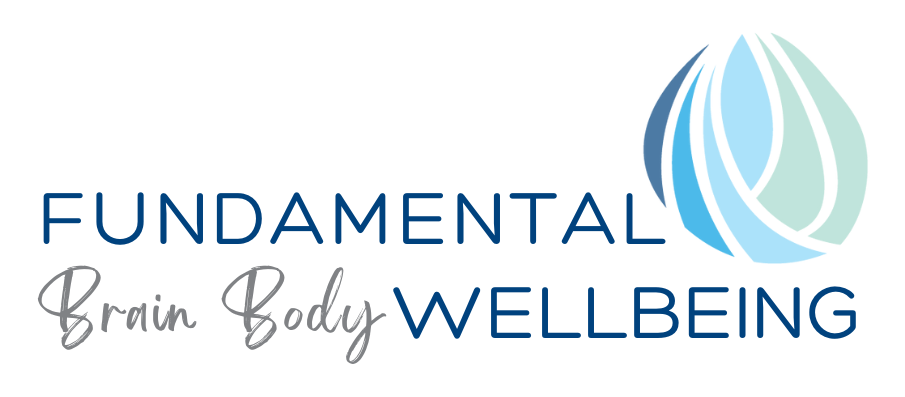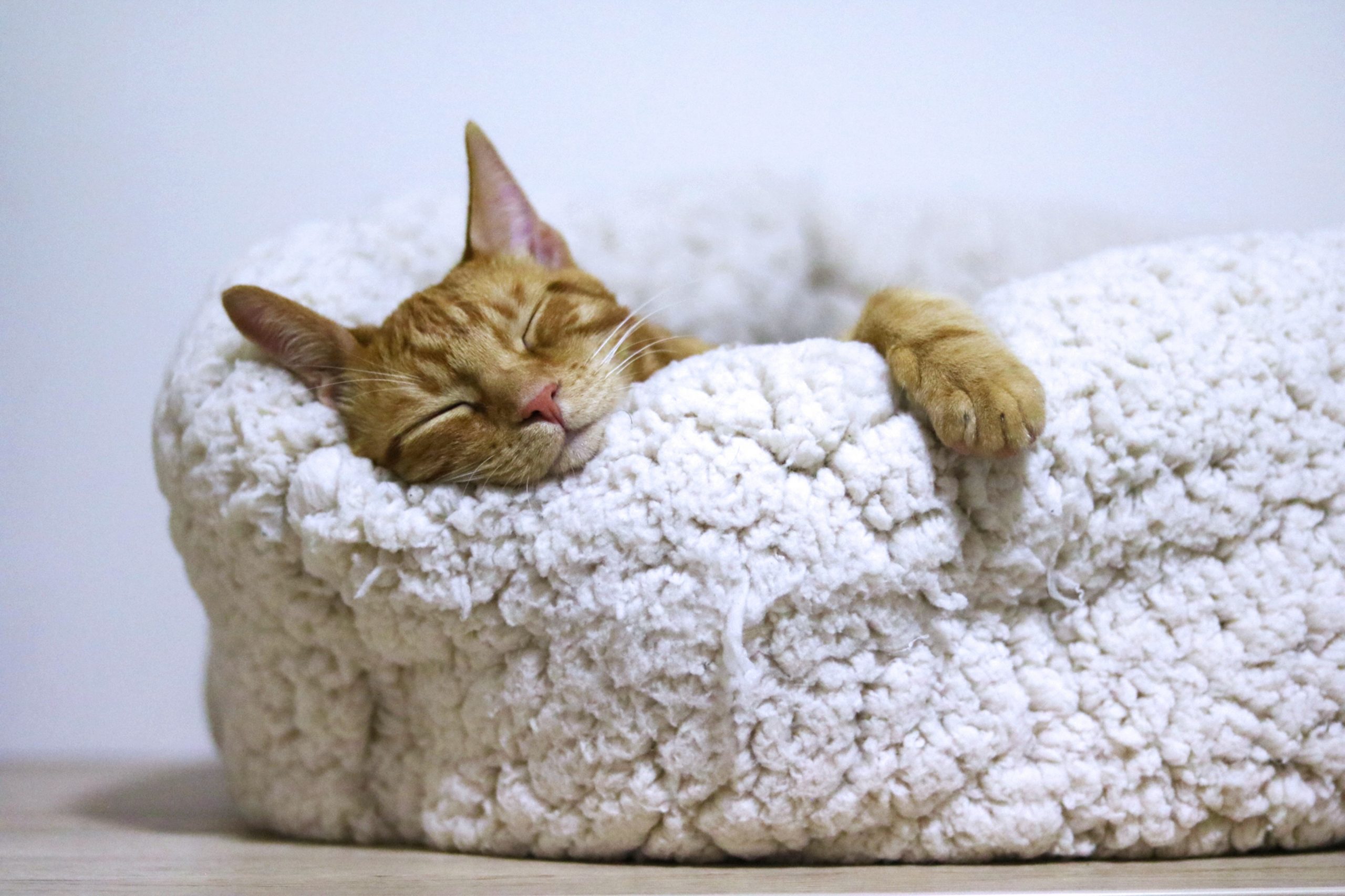Why DOING NOTHING could be the best remedy for PMDD
In our modern, fast-paced world, it’s no surprise that sleep deprivation has become an epidemic. Unfortunately, the consequences of this widespread problem extend far beyond feeling groggy or irritable the next day.
As a holistic health practitioner, I am always telling my clients that getting enough sleep is key for our physical and mental wellbeing, but few people understand the importance of maintaining a consistent sleep schedule when it comes to premenstrual moods.
For people with PMDD, a hormonally-driven mood disorder, a lack of quality sleep can exacerbate the already challenging road they travel.
Why do I think sleep is so important for PMDD Warriors?
- Hormonal Balance: During deep sleep, the body produces and releases essential hormones, including estrogen and progesterone. Adequate sleep helps maintain the delicate balance between these hormones, reducing the severity of PMDD symptoms such as mood swings, irritability, and depression.
- Energy Restoration: oh, how well we know that PMDD often brings fatigue and low energy levels. It’s no surprise of course, that inadequate sleep can exacerbate these symptoms. Sleep is a restorative process that allows the body to repair tissues, restore energy levels, and rejuvenate the mind.
- Pain Management: do you experience period pain, breast tenderness, headaches, and muscle pain? Sleep deprivation can heighten pain sensitivity and make these symptoms more pronounced. Sufficient sleep helps reduce pain perception, enhances pain tolerance, and supports the body’s natural healing processes.
- Cognitive Functioning: hello, brain fog! Many PMDD warriors are well aware that symptoms can impact cognitive abilities, leading to difficulties with memory, concentration, and decision-making. Sleep plays a crucial role in consolidating memories, enhancing cognitive function, and promoting mental clarity.
- Managing Stress Levels – and because there is a known correlation between PMDD and enhanced stress sensitivity, stress is something you want to keep in check when it comes to stabilising premenstrual moods. Sleep deprivation increases stress levels, while sufficient sleep promotes emotional resilience, helps regulate the stress hormone cortisol, and reduces the overall burden on the nervous system, thereby alleviating PMDD-related anxiety and mood disturbances.
If you don’t get enough sleep or have an irregular sleeping pattern then this can contribute to higher levels of cortisol (the stress hormone) in the body. Too much cortisol can then lead to other health issues like increased blood pressure, a weakened immune system and weight gain. A lack of sleep can also carry over into other areas of life such as work performance or personal relationships.
Here are six key tips I give my clients to help establishing a regular sleep pattern, improve Sleep, increase energy and alleviate PMDD Symptoms:
- Prioritize Sleep Hygiene: Establish a consistent sleep routine by going to bed and waking up at the same time every day, even on weekends. Create a peaceful sleep environment by keeping your bedroom dark, cool, and free from electronic devices.
- Avoid caffeine late in the day – caffeine has an half-life of 8 hours, meaning that it takes 8 hours for your body to process half of the dose you have consumed. As is well-known as a stimulant and sleep-disruptor, it’s best avoided after midday. I recommend a maximum of 2 cups daily. If you are susceptible to insomnia and/or anxiety, try cutting it out altogether.
- Adopt a Balanced Wholefood Diet: Nutrition plays a significant role in sleep quality. Avoid caffeine, alcohol, sugary foods, and heavy meals close to bedtime, as they can disrupt sleep patterns. Keep your blood sugar levels stable and incorporate sleep-supporting herbal teas into your evening routine.
- Create a Digital Detox: Electronic devices emit blue light that stiulates the stress hormone cortisol and suppresses melatonin production, the hormone responsible for regulating sleep. Disconnect from screens at least an hour before bed and consider using blue light filters or glasses to minimize its impact on your sleep.
- Practice Relaxation Techniques: Before bedtime, engage in calming activities such as taking a warm bath, reading a book, practicing gentle yoga, or meditating. These practices help ease the mind and promote a restful state.
- Consider Natural Medicines: Certain herbal or nutritional supplements can aid in sleep improvement. Consult with a healthcare professional about incorporating supplements like valerian root, chamomile, magnesium, or l-theanine into your routine. However, always seek professional guidance before starting any new supplements.
But Heidi, I’m so exhausted when I’m premenstrual that I sleep all night and all day and STILL feel tired!!
I hear you! I have had clients like this and have certainly heard it from many in the online PMDD support forums.
This is called hypersomnia, and it’s not uncommon in PMDD. If you have been practising good sleep hygiene (ie, all of the tips above) and still feel fatigued, it may mean that your sleep is not of high quality. It could possibly be a sign that your adrenal glands and nervous system are completely exhausted. You need special attention, and I urge you to contact your primary healthcare practitioner for advice, testing and professional support.
Let sleep bring you more calm into every day
For everyone else, I hope you can now see how establishing and sticking to a consistent sleep schedule is essential for anyone looking to ease their premenstrual symptoms naturally.
Quality sleep is of crucial for individuals with PMDD and one of the key pillars to unlocking a healthier, happier life. It helps maintain hormonal balance, reduces stress levels, restores energy, aids in pain management, enhances cognitive functioning, helps you stay productive and alert and improves overall health. For people with PMDD, this makes it easier to manage daily tasks, work, and personal relationships. and better equips them to cope with the challenges of PMDD.
When you get a good night’s rest, every night, the positive health impacts ripple out across your whole life! What are you going to do to get better sleep tonight?
For more tips on PMDD, come follow me on instagram at @heidihogarth_naturopath or check out my other blogs.
Get personalised support: Book here for a free chat about how I can help you.

